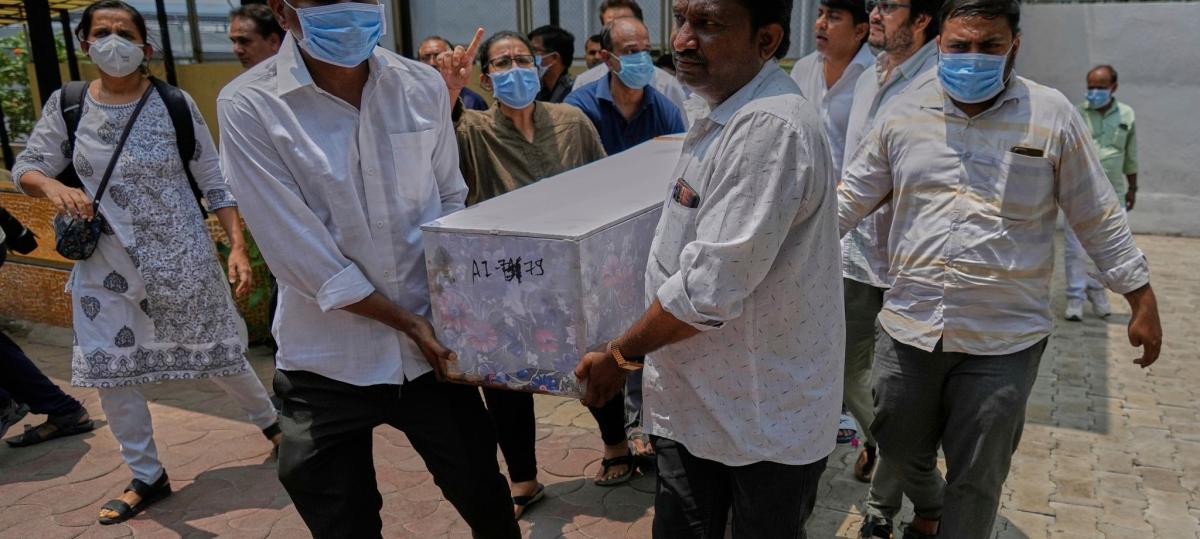Bekim Fehmiu and Irene Papas, the greats of the Great Albania in the Homeric Epopee, L’odissea

By Albert Vataj
In the history of European film art, few co -existences have been more magnificent and symbolic than that of Bekim Fehmiu and Irene Papas in the Italian television series L’Odissea (1968), a monumental adaptation of Homer’s work. This project, transformed into a modern myth, was not only a work of art that left a mark on international cinematography, but also a rare meeting of two figures with Albanian roots and blood that, through the power of art, revealed the dignity of a humble and ignored belonging, but inseparable in spirit and identity.
Produced by RAI in collaboration with European television, « L’Odissea » was one of the most ambitious series of the time. Director Franco Rossi brought this Homeric epic to the screen in a format of eight episodes, shot in historical Mediterranean places – from Greece to Italy, from Tunisia to Turkey – creating a real and poetic dimension of Odysseus’s journey. At the center of this legendary journey was Bekim Fehmiu, the Albanian from Gjakova, who, with the heroic physique, the warm but cut voice, with a busy emotional content and an extraordinary actor, made Odysseus tangible, human, complex.
In the role of Odysseus, Bekim Fehmiu did not only play a mythological figure. He embodied the tragedy, pride, wisdom and wounds of a man seeking the path of return – not only in the Homeric Ithaca, but also in an inner place where honor, identity and love constitute the center of existence. It was like seeing an actor who did not need to pretend: in the Odyssey of Blessing he unfolded, silently but deeply felt, his personal odyssey as an Albanian in a world that knew neither the roots, the suffering, nor the greatness.
Alongside him, Irene Papas, the legendary Greek actress of Arbëresh origin from the Peloponnese, who was more than one actress for many, was the icon of ancient women, tragedy, resistance. In the role of Penelope, she brought deep spiritual content, a woman who is expecting, not surrendering, who keeps everything alive through patience. With Blessing, it created a binomial that was not only artistic but also spiritual, a union of two figures that, though divided on the screen for much of the story, shared a common past between the infinite identity and the triumph of talent.
What remains beyond the artistic value of L’Odissea is this deep sense of representation. Seeing two Albanians, one of Gjakova and one of the Arbëresh roots of Morea, to embody two of the most emblem figures of Western antiquity literature, was in itself a overthrow and symbolic act. It was a liberation from forgetfulness. It was a reset of pride. It was Albanian that climbed the highest pedestal of the Mediterranean culture.
After this international success, Bekim Fehmiu would cooperate with other world cinema giants such as John Huston, Ava Gardner, Claudia Cardinale and Robert Shaw. But L’Odissea remained his most representative role, because there he became more than one actor: it became a symbol. Irene Papas would also continue her journey in masterpieces such as Zorba the Greek, The Trojan Women and Electra, but Penelope’s role remained for her a crossing in the reality of women waiting and not broken.
Today, when we return to « L’Odissea », we see not just an excellent television production. We see a unique moment when Albanians were not only spectators of history, but its bearers. We see the greatness of the two artists who spoke to us, in the language of art, in the language of the soul. And for that, our memory has one task: never to forget Bekim Fehmiu and Irene Papas – two greats who found their Ithaca in the immortality that only true art can give.




